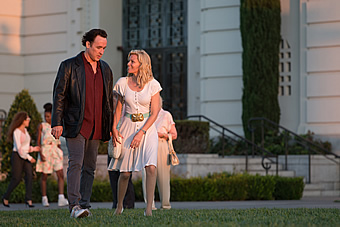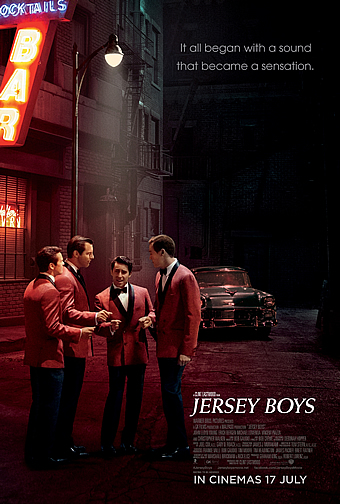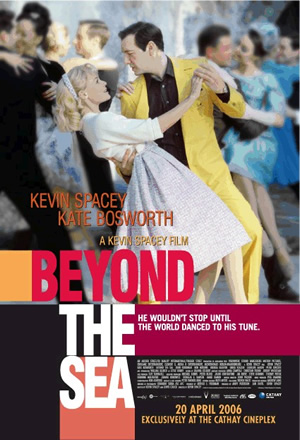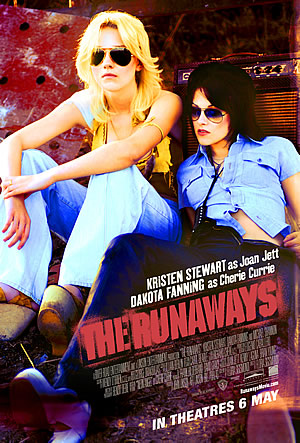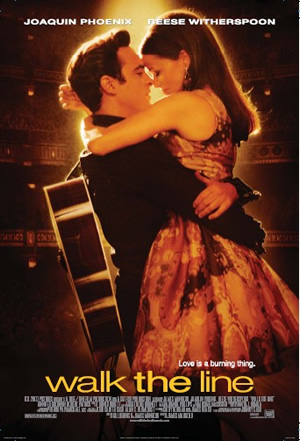LOVE AND MERCY (2015)
Genre: Biography/Drama/Music
Director: Bill Pohlad
Cast: John Cusack, Paul Dano, Elizabeth Banks, Paul Giamatti, Kenny Wormald, Jake Abel, Joanna Going, Brett Davern
RunTime: 2 hrs
Rating: PG13 (Some Drug References and Brief Coarse Language)
Released By: Cathay-Keris Films
Official Website: http://loveandmercyfilm.com
Opening Day: 11 June 2015
Synopsis: LOVE & MERCY presents an unconventional portrait of Brian Wilson, the mercurial singer, songwriter and leader of The Beach Boys. Set against the era defining catalog of Wilson’s music, the film intimately examines the personal voyage and ultimate salvation of the icon whose success came at extraordinary personal cost.
Movie Review:
Countless examples of great men in history have shown that there is no great genius without a mixture of madness, and ‘Love and Mercy’, a biopic of the co-founder, principal songwriter and all-around musical genius behind the Beach Boys, perfectly captures that analogy in Brian Wilson. Eschewing the template of a typical picture of its genre that is often comprised of three distinct acts – a rise to fame, a personal and consequently professional crisis, and lastly a redemptive third act – veteran film producer Bill Pohlad’s directorial debut focuses on two turning points in Brian’s life and chooses two different actors to play the same role at these different points.
It is an unconventional method no doubt, but one that pays off tremendously in creating an intimately powerful and poignant insight into the auteur. Paul Dano plays the younger Brian in the mid- to late-1960s, when at the height of the Beach Boys’ popularity, Brian suffers a panic attack on a plane and opts out of a gruelling touring schedule to write the lyrics and music for the band’s 1966 masterwork ‘Pet Sounds’. With Dano, we get to see the working process of the artist with the legendary studio musicians known as the Wrecking Crew – telling the cellists to attack their instruments like drums, explaining the apparently discordant key changes on the musical score, incorporating the sound of dogs into the background music, and even random chat between him and the musicians.
Witnessing Dano work through Brian’s ideas for the album with session ace Hal Blaine is a truly rousing experience – clearly, the visionary has the sound in his head and what he is aiming for, but translating that into the combination of oboes and cellos and French horns, finger cymbals and the unmistakable eerie notes of a Theremin requires iteration after iteration after iteration of tweaking and tinkering. As beautiful as this episode is to watch, it is also simultaneously unsettling because it marks the start of his mental breakdown, which culminates just after one of their most successful singles ‘Good Vibrations’.
The pieces are all there – his abusive father (Bill Camp) who also happened to be their manager and music publisher, the mournful lyrics that are meant to be expression of the voices in his head, and the auditory hallucinations. The last of course is also what radical behavioural therapist Eugene Landy (Paul Giamatti) based his diagnosis on, but that is the story for the other narrative track. Dano is excellent in his half, delivering one of his most nuanced performances as he portrays with absolute clarity his character’s innocence, ambition, anxiety, sense of loss, pain and emotional desperation. He is heartbreaking to watch, and John Cusack, who plays the older Brian, echoes that beautifully.
Yes, Cusack looks nothing like Dano, so it isn’t that the former was cast alongside the latter for their physical appearance. That contrast however is entirely intentional and even inspired, for it does convey the sense that the Brian we see in the 1980s is nothing like the composer and musician we see in the 1960s. Cusack’s Brian is a hollow shell of a man living under the thumb of his therapist, whom we later on has been entrusted into the care of by his own family. It is also no coincidence that Eugene looks like Bill’s father, for the former turns out just as controlling, domineering and dare we say abusive.
Brian’s relationship with Eugene is nicely juxtaposed against that of Brian and his eventual second wife, Melinda (Elizabeth Banks), a saleswoman he meets and connects with at the showroom while shopping for a Cadillac. Melinda is simultaneously intrigued and worried for the soft-spoken eccentric who, by way of introduction, writes ‘Lonely Scared Frightened’ on the back of her business card. And through Brian’s sometimes childlike way of blurting out secrets as well as his bouts of paranoia, Melinda remains close by his side – much to Eugene’s consternation, who is less concerned about Brian’s wellbeing than having total and undisputed control over his whole life, including who he sees, where he goes, what he eats and who he talks to.
Just as Dano, Cusack gives an equally compelling portrait of Brian, fragile, sensitive, damaged and in need of both “love and mercy”. Next to Cusack, Banks is warm and quietly supportive. She is an excellent foil to Eugene, one who affirms and embraces Brian for the tortured genius he is, rather than beat him down for his mental infirmities. Cusack and Banks share a tender affecting chemistry, and Pohlad gives their relationship intimate focus, in no small part due to the cooperation he had with the real-life Brian and Melinda, whom we learn just before the end credits are now married with three children.
Perhaps surprisingly, the Brians from these two different timelines do not meet midway; instead, Pohlad shifts back and forth between them, weaving a complex multifaceted tapestry of his subject that celebrates both his extraordinary achievements as well as illuminates his inner psychological struggles. To their credit, Pohlad also has a great script from Oren Moverman and Michael Alan Lerner to work off, and the benefit of Robert Yeoman’s cinematography as well as Atticus Ross’ score to craft a lush, evocative movie that hooks you in with its visual and aural sensibilities.
With ‘Love and Mercy’, Pohlad has created a most unusual but also completely mesmerising biopic of one of the most talented figures in American music history. There is both genius and madness in his subject, and Pohlad pays tribute to the joy and abandon of his creative process while never diminishing the severity of his psychological turbulence. For fans of the Beach Boys’ music, it will also give new meaning to signature tunes like ‘Wouldn’t It Be Nice’, ‘Good Vibrations’ and most of all ‘God Only Knows’. Yes, watching Brian’s father dismiss it as ““wishy-washy... a love song and a suicide note” is a travesty that will make you appreciate the heartfelt tune even more.
Movie Rating:




(Rousing and heartbreaking at the same time, this biopic of The Beach Boys’ Brian Wilson will have you see musical genius in a very different light)
Review by Gabriel Chong
You might also like:
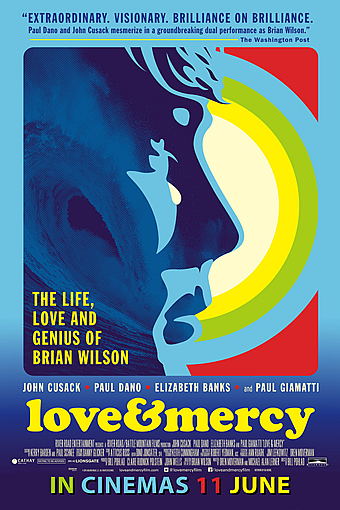
Movie Stills



